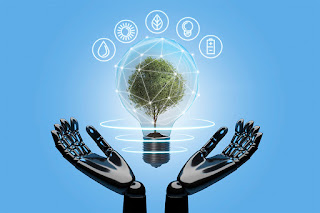Synthetic Medicine: AI in Advanced Diagnostics

In recent years, artificial intelligence (AI) has revolutionized numerous industries, and the field of medicine is no exception. One of the most promising areas where AI is making significant strides is in the realm of synthetic medicine, particularly in advanced diagnostics. This article delves into the role of AI in transforming diagnostic processes, enhancing accuracy, and personalizing patient care. The Evolution of Medical Diagnostics Traditional medical diagnostics rely heavily on the expertise and experience of healthcare professionals. While this approach has proven effective, it is not without its limitations. Human error, variability in interpretation, and the sheer volume of data that must be processed can lead to diagnostic inaccuracies and delays. Enter AI. By leveraging machine learning algorithms, neural networks, and vast amounts of data, AI systems can assist medical professionals in making more accurate and timely diagnoses. This evolution marks a significant shift fr...






